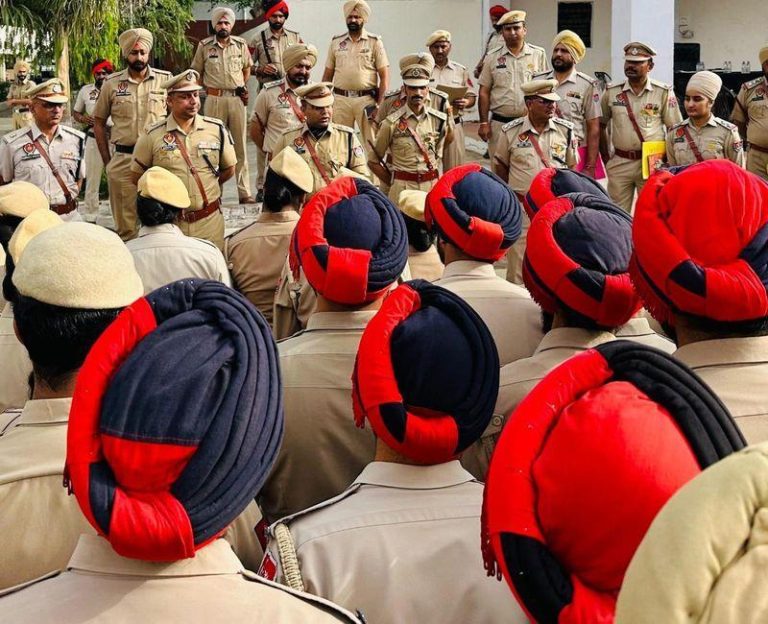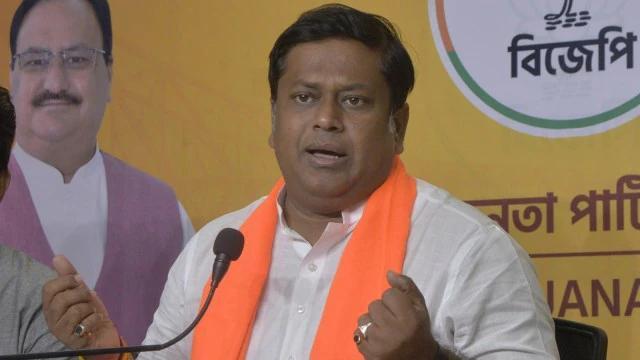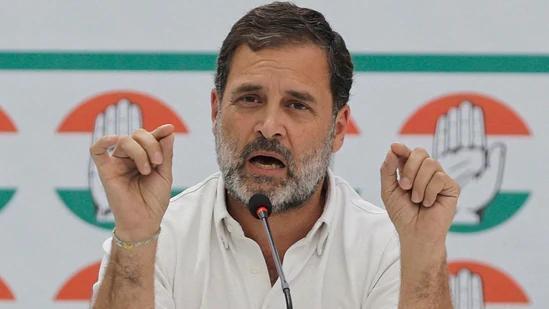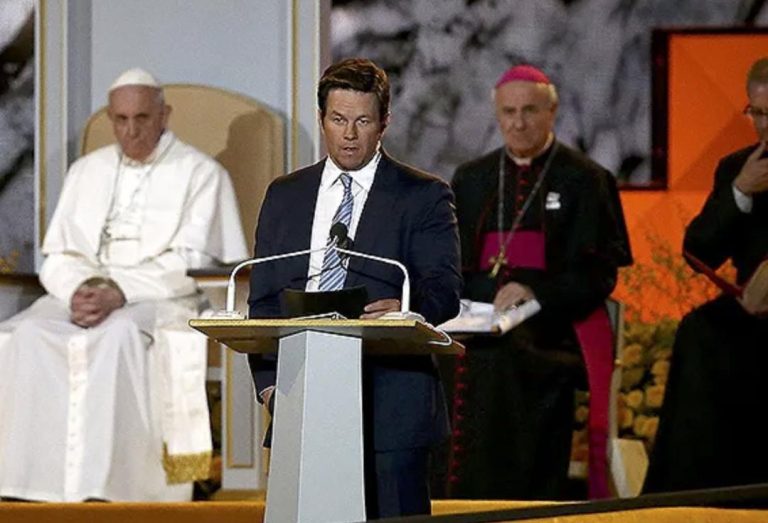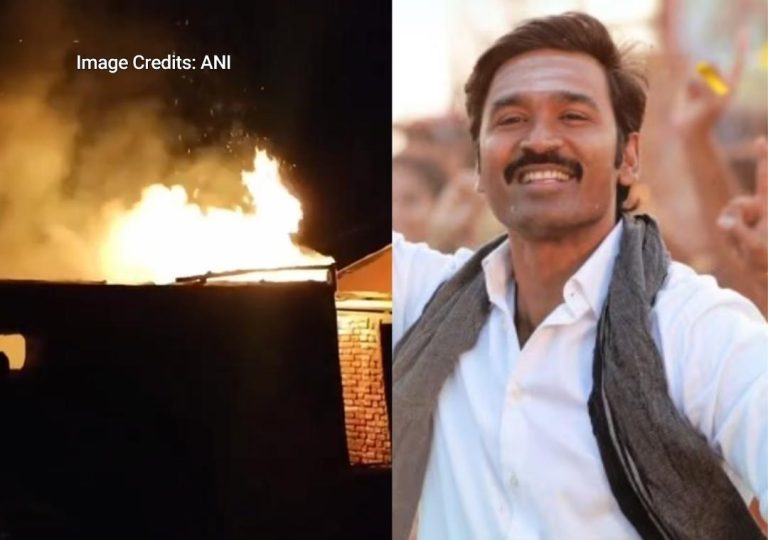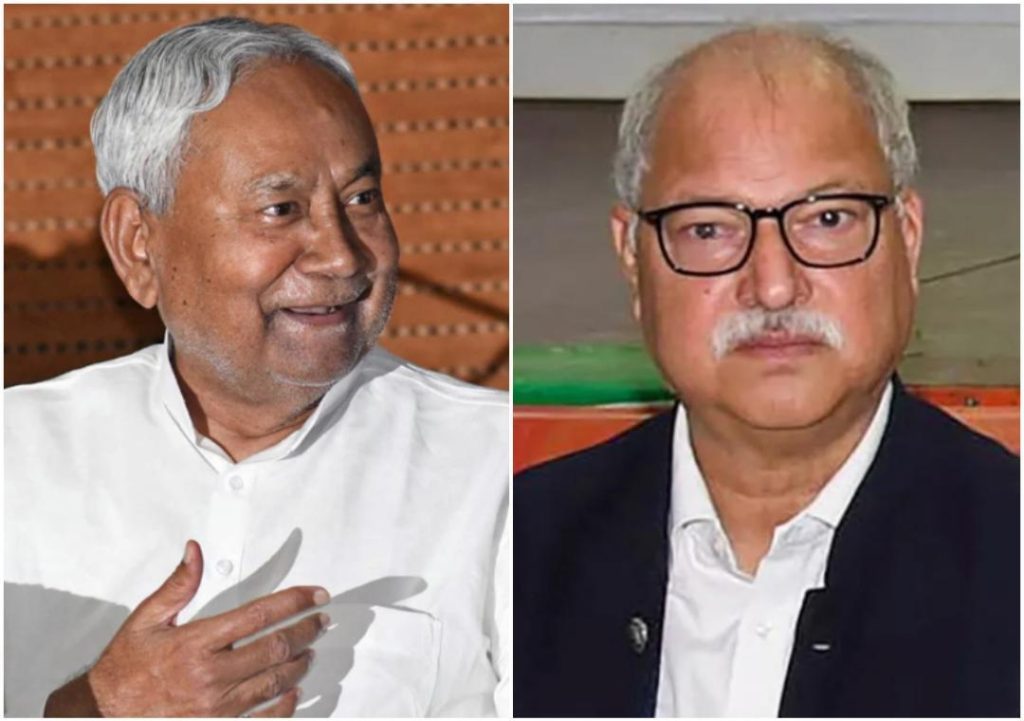
It Mustn’t Happen: Khan after Muslim Bodies Boycott Nitish’s Iftar
The recent announcement by Muslim bodies to boycott Iftar parties hosted by National Democratic Alliance (NDA) partners, including Bihar Chief Minister Nitish Kumar and Union Minister Chirag Paswan, has sparked a heated debate in the political circles. Congress leader Shakeel Ahmad Khan has weighed in on the issue, expressing his disapproval of the boycott call. In an interview, Khan emphasized the importance of keeping politics and festivities separate.
“I think it’s wrong to boycott Iftar parties. Politics and festivities should be kept separate. There must not be a boycott call from organisations,” Khan said. His comments have added fuel to the controversy, with many interpreting his statement as a veiled criticism of the Muslim bodies that have called for the boycott.
The controversy surrounding the Iftar boycott began when several Muslim organizations, including the All India Muslim Personal Law Board (AIMPLB), announced that they would not participate in Iftar parties hosted by NDA leaders. The decision was seen as a response to the growing political polarization in the country, with many Muslims feeling alienated by the BJP’s perceived Hindu nationalist agenda.
The boycott call has been seen as a significant development in the political landscape of India, where communal tensions have been on the rise. While some have praised the Muslim bodies for taking a stand against what they perceive as an attempt to co-opt their community into the political agenda of the ruling party, others have criticized the move as divisive and unconstructive.
Khan’s comments have added a new layer of complexity to the controversy. On the one hand, his statement can be seen as a genuine attempt to promote harmony and unity among different communities. By emphasizing the importance of keeping politics and festivities separate, Khan is highlighting the dangers of politicizing religious events, which can create divisions and fuel communal tensions.
On the other hand, Khan’s statement can also be seen as an attempt to silence the Muslim bodies that have called for the boycott. By implying that the boycott call is “wrong,” Khan may be seen as trying to suppress the legitimate concerns of the Muslim community. This interpretation is reinforced by the fact that Khan did not explicitly condemn the actions of the NDA leaders, which many see as an attempt to further polarize the community.
The controversy surrounding the Iftar boycott highlights the complex and often fraught relationship between religion and politics in India. While religious events like Iftar parties can be seen as a way to promote social harmony and community cohesion, they can also be exploited by political leaders to further their own agendas.
In the current political climate, where religious polarization is on the rise, it is more important than ever to promote understanding and tolerance between different communities. This can be achieved by promoting dialogue and cooperation between religious leaders and politicians, as well as by encouraging individuals to engage in respectful and constructive debate.
In conclusion, while Khan’s statement may have been an attempt to promote harmony and unity, it is important to recognize the complexities of the issue at hand. The boycott call by Muslim bodies is a symptom of a deeper problem, namely the growing political polarization in the country. Rather than trying to silence the Muslim bodies, we should be working to address the underlying issues that have led to this controversy.
News Source: https://repository.inshorts.com/articles/en/PTI/c596bf52-fd8b-4482-be2c-a0053279891e
